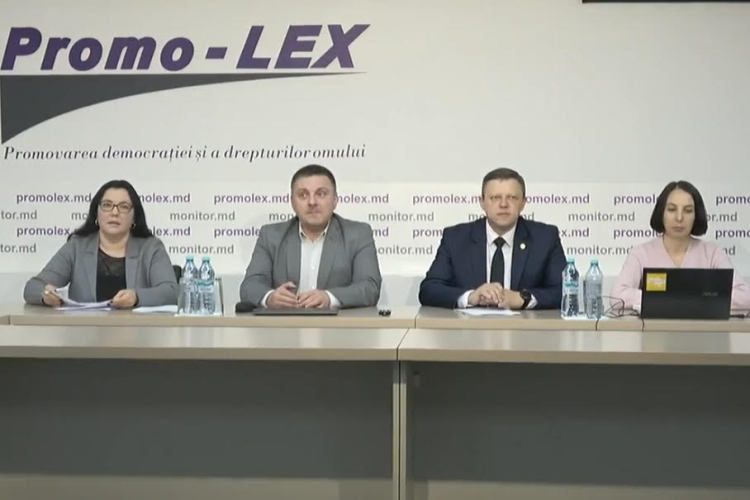Political and electoral financing by “third parties”, a widespread practice, needs to be regulated to reduce risks of electoral and party-related fraud and violations. The recommendation is contained in a policy paper compiled by the NGO Promo-LEX.
Presenting the paper, Promo-LEX analyst Mariana Focșa said that funding by “third parties” represents political or electoral funding by organizations and businesses that are not formally affiliated with a political party, as well as by individuals who do not compete in elections, but who promote, oppose or campaign for or against electoral competitors. “What is the impact of political or electoral funding by third parties? First, we are talking about reduced transparency of political and electoral funding. The legal framework for this type of financing is often circumvented, leading to unequal opportunities for political parties and electoral competitors”, noted Mariana Focșa.
According to the expert, in the absence of legal provisions to regulate “third parties”, all their donations towards political and electoral promotion remain unknown and uncontrolled. As a result, “third parties” become an advantageous tool for circumventing legal provisions.
“The regulation of political and electoral financing by third parties, with respect for the freedom of expression, but with the establishment of certain reasonable and proportional limits, would contribute to the achievement of several objectives. Among them are increasing the transparency of political and electoral financing, reducing the risks of evading the legal framework and ensuring equal opportunities for all political parties”, said the expert.
Promo-LEX recommends that the phrase “third parties”, but also other notions, be defined in the law. Also, it is necessary to establish two distinct periods regarding political and electoral financing by ‘third parties’, but also to establish a limit on expenditures that can be made without registering with the Central Electoral Commission as ‘third parties’.
- Moldova is in the process of coupling to the European electricity market
- Moldova will pay 54 million lei – dues to international organizations
- Public and commercial buildings will limit indoor lighting by at least 30%. CSE decision
- From January 1, electricity produced during the day will be traded only on the domestic market
- Fish consumption on the rise. MAIA: Choose local product at Christmas and all year round


